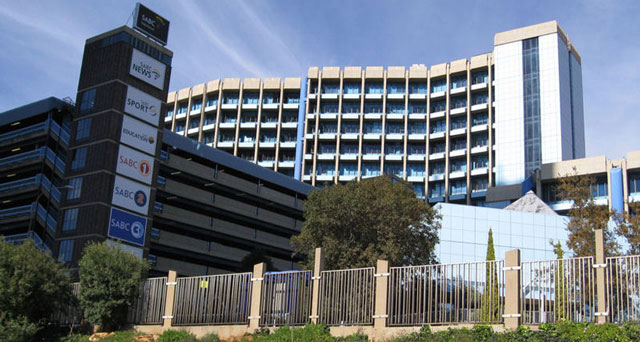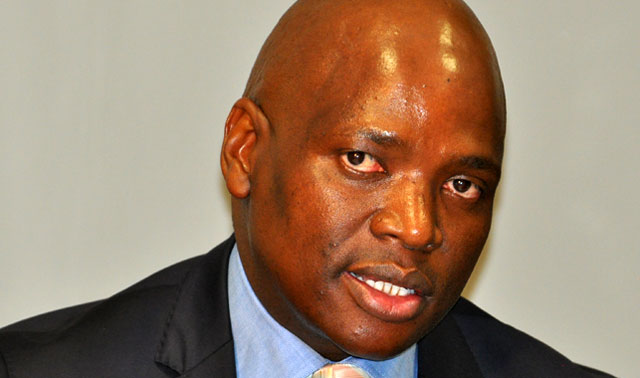
The ANC and the opposition on Friday claimed the SABC judgment vindicated their clashing views on whether the public protector’s findings are binding — an issue which is central to the Nkandla controversy.
The ANC said the order went a long way in clarifying interpretations pertaining to the public protector’s reports.
“In his judgment today, the judge endorsed our longstanding and legally sound view that the reports of the public protector are not binding and enforceable,” chief whip Stone Sizani said in a statement.
He said the ANC agreed that the public protector’s reports could not be ignored; that was why the ad hoc committee on security upgrades to President Jacob Zuma’s Nkandla home was set up.
“The judgment affirms the correctness of our stance in the committee, and exposes the opposition’s ill-advised posturing, which even prompted their ill-conceived walkout from the committee.”
The issue of whether her reports were binding and enforceable had been a subject of debate in the ad hoc committee on security upgrades to Zuma’s Nkandla home.
Western Cape high court judge Ashton Schippers on Friday ordered that the SABC suspend its chief operating officer Hlaudi Motsoeneng and commence disciplinary proceedings against him within 14 days.
This was following the Democratic Alliance’s application for an urgent interim interdict suspending Motsoeneng pending a review of the decision to appoint him.
In his order Schippers said: “Unlike an order or decision of a court, a finding by the public protector is not binding on persons and organs of state.
“However, the fact that the findings of and remedial action taken by the public protector are not binding decisions, does not mean that these findings and remedial action are mere recommendations, which an organ of state may accept or reject.”
The DA’s federal executive chairman James Selfe said the judgment supported the DA’s arguments that directives from the public protector, including those that Zuma must repay a portion of the R246m spent on his Nkandla home, could, by law, not be disregarded.
“Judge Schippers found that while the findings of the public protector are not outright binding on organs of state, they equally cannot be ignored,” Selfe said.
“The implication of this judgment is that organs of state must implement the findings and remedial action of the public protector unless they declare rational grounds, that would stand up in a court, for not doing so.”
Selfe said that as the DA’s successful court bid to overturn Zuma’s appointment of Menzi Simelane as national director of public prosecutions had shown, courts set a high standard for showing that somebody had rationally applied their mind.

“The fact that the president had met with (then justice minister Jeff) Radebe and they had discussed it was not enough,” he said.
Selfe said he believed that, in fact, findings by the public protector were binding, and that the SABC’s plans to appeal were not necessarily an unwelcome turn of events.
“It might provide further clarity if a higher court pronounces on the issue,” he said, referring to the status of orders from the public protector.
The Economic Freedom Fighters welcomed the court’s order, also seeing it as vindication for the public protector with regards to Nkandla.
“The EFF welcomes the ruling as a vindication of the public protector, whose office the ANC government has defied, ridiculed and attacked,” spokesman Mbuyiseni Ndlozi said in a statement.
“The court ruling must serve as a lesson in respect of the findings of the public protector on Nkandla and what President Zuma must do.”
The Pan Africanist Congress said it was not confident that the SABC would institute the disciplinary proceedings against Motsoeneng. “The PAC remains extremely frustrated by the fact that the disciplinary action will be conducted under the cloud in the SABC board,” it said in a statement.
“The board that is chaired by Ellen [Zandile] Tshabalala, who stands accused of the same qualification dishonesty.”
The party, however, welcomed the order.
It said it clarified the legal perspective on the public protector’s remedial recommendations, and it hoped the Nkandla committee and the president took note. — Sapa




